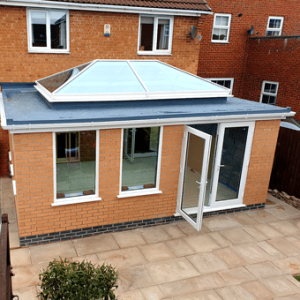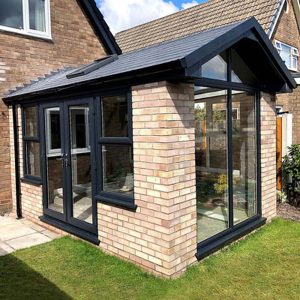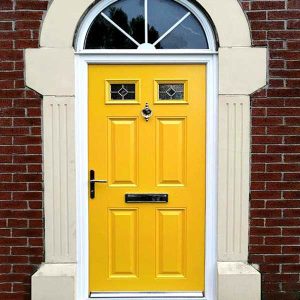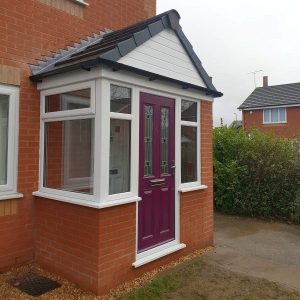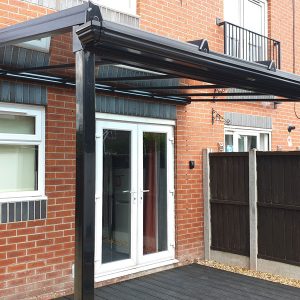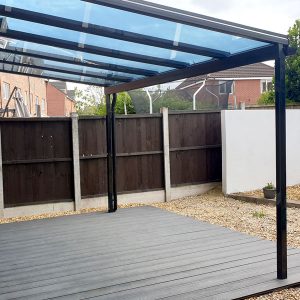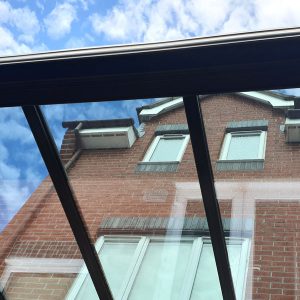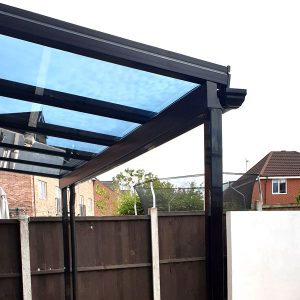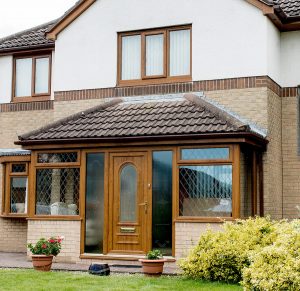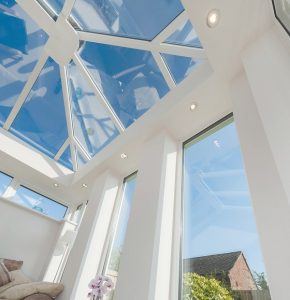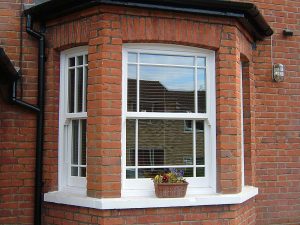Interesting Ways To Improve Your Properties EPC Rating
We know the importance of having a greener home. However, there are ways that you can take recycling and plastic usage further. We are talking about your Energy Performance Certificate rating (EPC). The EPC is an award card awarded for the energy rating of your property.
Furthermore, this is something that all landlords may want to consider. With legislation changes, requires rented properties to have an EPC rating, it is something that all landlords should keep in mind.
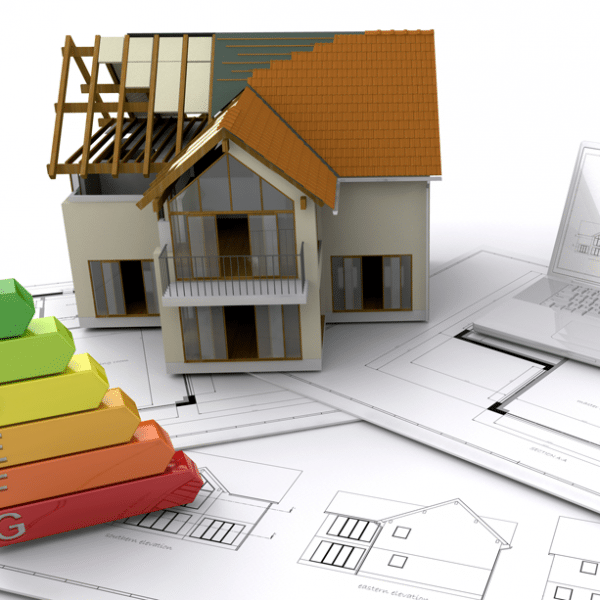
Energy Rating
Your properties energy rating is down to the energy efficiency of your home. The EPC is a requirement for the property when built new and rented out or sold. Furthermore, this includes important information about the properties energy usage and how much it costs. Plus, ways to reduce energy usage.
EPC certificates for a home have a letter scoring system, ranging from A being the best to G being the lowest rating. Moreover, not all buildings will be required to have an EPC. These buildings are typically places you wouldn’t live in, like a place of worships, holiday homes and other types of none living buildings. If you do not currently know your properties Energy Performance Certificate rating, you can do a quick search online at the EPC Register.
Minimum Energy Efficiency Standards
With the new Minimum Energy Efficiency Standards, from the 1st of April 2018, every rented property is now required by the Government to have a minimum rating of E energy performance. For the moment, this is just for rented and let properties. However, from the 1st of April 2020, this requirement will include all other tenancies.
What does this mean? It means that it will become illegal to rent out a property with an energy rating lower than E. Landlords caught renting out a property with an energy rating lower than E will receive a penalty of up to £4.000.
Improve Your Homes Energy Performance Rating
- Install double glazed windows, helping to keep the heat in your home and prevent you from wasting money on energy bills.
- Replace home appliances that have a high energy rating. Check the energy rating sticker on new products.
- Switch your homes lighting to LED lighting.
- Change to a modern central heating system instead of an old boiler.
- Invest in some loft insulation, installed insulation 270mm thick.
- Upgrade a timber door to a uPVC door or composite door. To help prevent heat loss and reduce energy bills.

